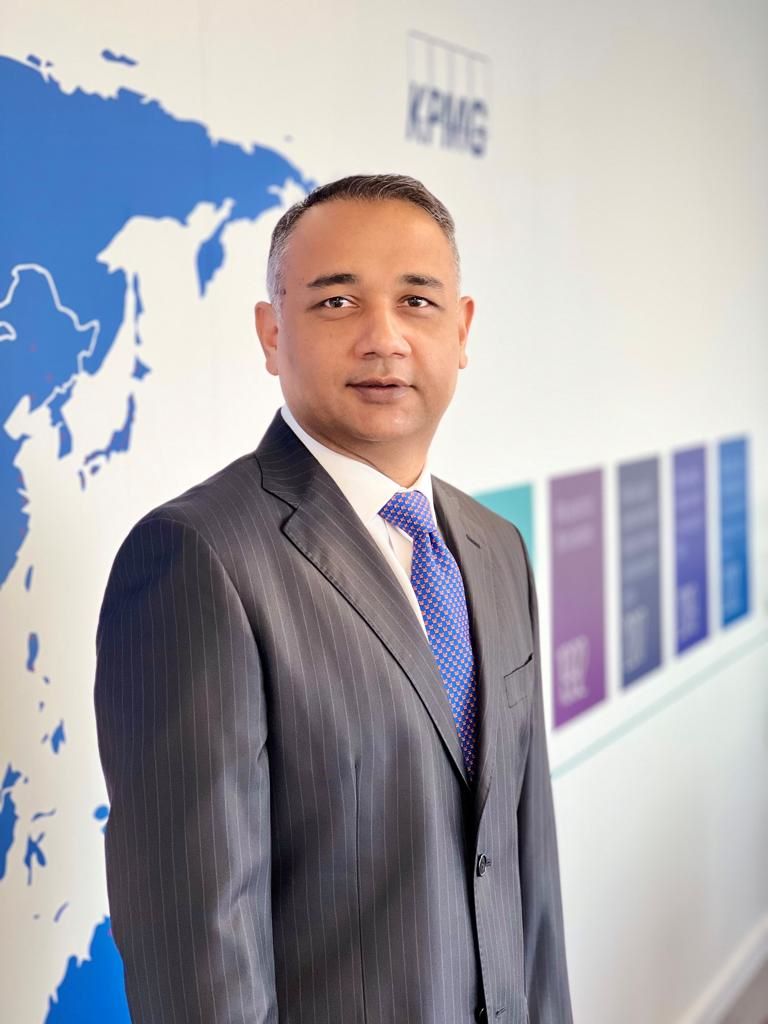KPMG: Despite increase in cost of funds and liquidity constraints, Saudi banking industry reported robust growth in 2022

(RIYADH): With the global banking industry making headlines in the past weeks, the Saudi banking sector published its annual results for 2022. According to KPMG, a leading provider of audit, tax and advisory services, in its annual market update, the consolidated numbers for the ten Tadawul-listed banks reflect a robust performance, particularly indicating an increase in net profit by 28%, reaching SAR 62.71 billion ($16.7 billion). The growth trajectory is expected to continue on account of consistent demand for public and private sector financing and the availability of non-interest-bearing deposits.
The challenges faced by the global banking sector were particularly heightened by shockwaves sent by the failures of Silicon Valley Bank and Signature Bank in the US and the acquisition of Credit Suisse in Europe.
“During 2022 the total assets of Saudi banks grew 11.5% reaching SAR 3,832 billion ($1.02 billion) while deposits are up by 8.34% and closed at SAR2,296 billion ($611.7 million).. We have seen the added liquidity requirements were fulfilled through Tier 1 capital and sukuk,” commented Ovais Shahab, Head of Financial Services at KPMG in Saudi Arabia.
Overall, the banking industry has continued to capture the benefits of economic expansion, evidenced by an increase in lending and reaching a loan-to-deposit ratio of approximately 95.5% at the end of December 2022 and an increase in loan books by 14.44% year-on-year.
The increase in net profit from last year is further marked by a substantial decrease in expected credit loss (ECL) allowances, which declined by 19.25% year-on-year to SAR 9.87 billion as the industry has successfully come out of Covid-19 and better managing portfolio performance across various industry segments.
The industry’s loan-to-deposit ratio of 95% is definitely more than desired and reflects some pressure on banks to improve their liquidity through raising deposits if they wish to fetch the benefits of economic growth funded by the government’s spending on key sectors and the roll-out of its giga projects.
“Banks are cognizant of anticipated pressures on liquidity and accordingly we have evidenced capitalization of retained earnings, issuance of Tier I capital and customized solution to cater to future economic needs and shifting market dynamics,” added Shahab.
An upsurge in such Tier I capital issuance has been noted across the banking participants to support the core equity base and fulfil the financial and strategic needs. At present, SAR 28.14 billion ($7.5 billion) has been issued, which is likely to increase further in the near future according to Shahab.
Going forward, risks seem more dynamic and interconnected than ever before; emerging technologies rise as a major disruptor in business and the greatest threat to organizational growth if they are not agile and fast enough to change. KPMG believes that operational excellence will remain a high priority while regulatory changes will only grow over the next few years.
“SAMA has always extended support to the banking industry so that market participants can continue playing a crucial role in the ambitious economic expansion agenda of the Kingdom,” Shahab concluded.
Last Updated on 2 years by News Desk 2












